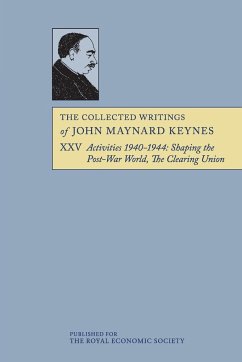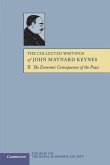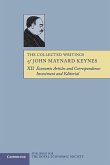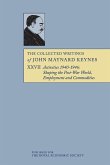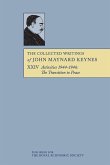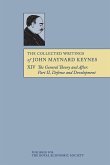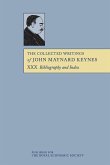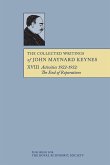This volume presents ideas of continuing relevance: essential material on the origins of the International Monetary Fund and World Bank.
This volume, the fourth of six dealing with the Second World War, is concerned with the origins of what became the International Monetary Fund and the World Bank. It traces the origins of the ideas involved, the process of argument and redrafting that occurred in Whitehall and the subsequent, primarily Anglo-American, negotiations themselves. It takes the story up to the Joint Bretton Woods Conference. As it contains copies of all drafts of Keynes's Clearing Union proposals, together with extensive sampling of discussions with economists such as Dennis Robertson, James Meade, Roy Harrod and Harry White, it combines the presentation of a set of ideas of continuing relevance with essential background material on the origins of an important post-war international institution.
This volume, the fourth of six dealing with the Second World War, is concerned with the origins of what became the International Monetary Fund and the World Bank. It traces the origins of the ideas involved, the process of argument and redrafting that occurred in Whitehall and the subsequent, primarily Anglo-American, negotiations themselves. It takes the story up to the Joint Bretton Woods Conference. As it contains copies of all drafts of Keynes's Clearing Union proposals, together with extensive sampling of discussions with economists such as Dennis Robertson, James Meade, Roy Harrod and Harry White, it combines the presentation of a set of ideas of continuing relevance with essential background material on the origins of an important post-war international institution.

